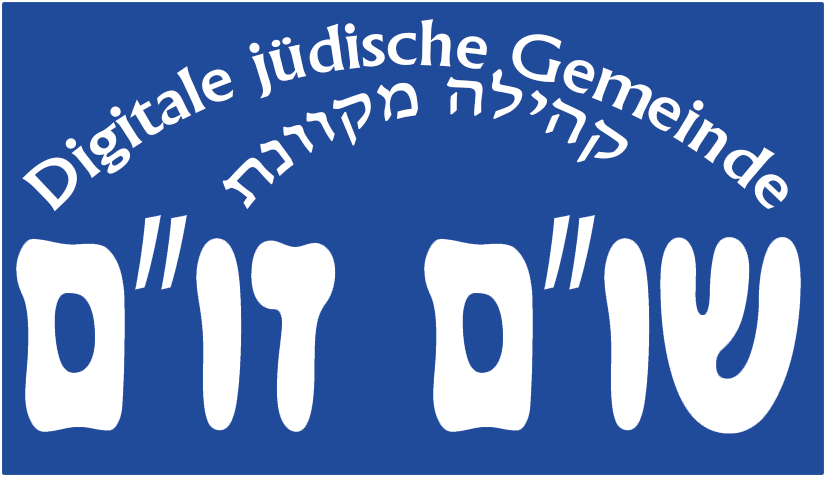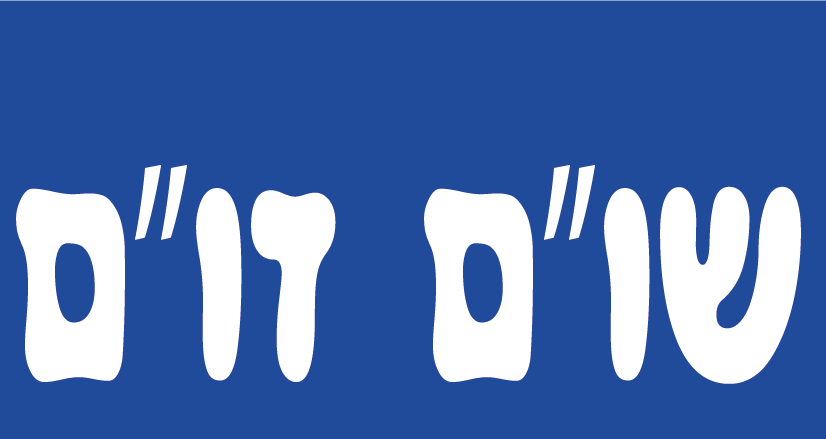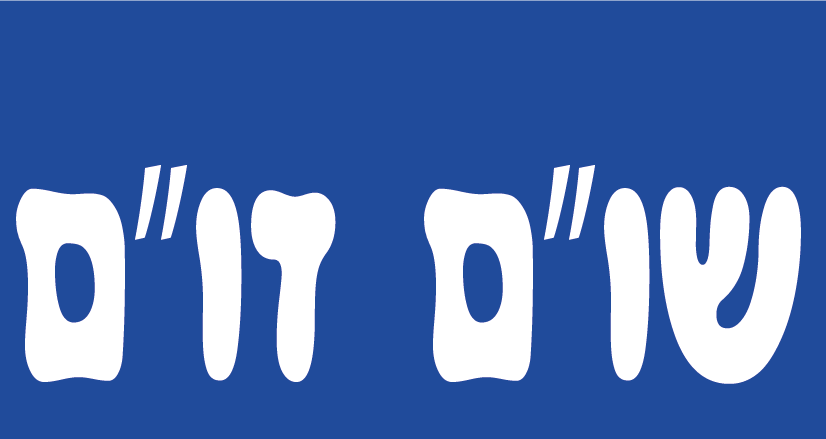שו“ם זו“ם
The name of our Chavurah stands for education and innovation and expresses tradition and future for Jewish life in the CET-time zone.
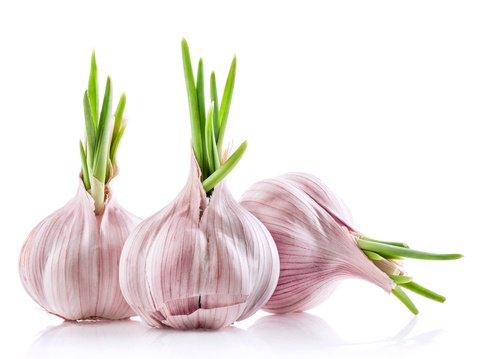
„Shum“ שו“ם
„SHUM“ means „garlic“, but it is also the abbreviation of the three Hebrew medieval place names Shpira שפירא (Speyer), Vermayza וורמייזא (Worms), and Magentza מגנצא (Mainz), three places on the River Rhine where Jews had come with the Romans. Their communities were called Kehillot Shum קהילות שו“ם. Due to pogroms during the Crusades and before and after the plague epidemic, Jews also settled in the surrounding villages, so Shum actually does not stand only for three places, but rather for an area in the place of today’s Germany.
Takkanot Shum is the name given to decisions made by medieval rabbis from the Rhineland, for example the ban on calling someone a „Mamzer“ – that is, pushing someone to the edge of the community. Inclusivity is a value that is important to us in our Chavurah.
The center of learning was Mainz, where Rabbenu Gerschom ben Juda (960-1040), the so-called „lamp of exile“ (Me’or haGolah), the leading center of European Jewry was established. Rabbi Schlomo ben Jitzchaq from northern France – „Rashi“ – came here to study, spread the knowledge learned in „Shum“ throughout the world through his teaching activities in the trade fair city of Troyes in northern France. Rashi has become the most important Talmud and Bible commentator to this day. According to legend, the Pijjut Unetanne Tokef was written by Rabbi Amon of Mainz (11th century). Knowledge, education, music and prayer are values that are important to us in our Chavurah.
Schum does not only stand for education and knowledge, but also for numerous innovations in Judaism. Rabbenu Gerschom introduced monogamy into Judaism in the year 1000. The son of Jaakow ben Mosche Levi Moelin – „Maharil“ – (1365-1427) from Mainz was the first teenager to be called „Bar Mitzva“. In 1845 the congregation in Alzey near Worms applied to the rabbinical conference in Frankfurt that women and men should be considered equal in all rights and duties in Judaism – a motion that was postponed as less important at the time. Parishes in Wiesbaden and Frankfurt with scholars such as Abraham Geiger, Leopold Stein, Heinrich (Henrique) Lemle, Georg Salzberger and others formed the cradle for liturgical developments in German-liberal Judaism and their legacy has shaped Judaism in many countries around the world to this day. Renewal and, above all, equality between men and women are values that are important to us in our Chavurah.
The names of the villages and towns in the Schum area are still present in Jewish surnames around the world, such as Oppenheim(er), Mannheim(er), Bodenheim(er), Frankfurt(er), Worms(er), and many more. Many people in many places can relate to the term „Shum“. The fact that we connect individuals in many places to form a community is a value that is important to us in our Chavurah.
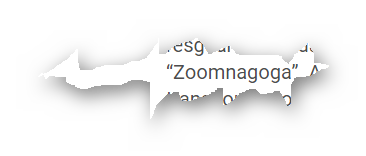
„Zoom“ ז“ום
„ZOOM“ stands for the innovations of the 21st century and quickly even became the deonym for all online encounters. It has long been known in schools and universities as a platform for digital learning and has been one of the leading media for Jewish worship and learning events since March 2020 because it provides the two-way communication required for a minyan guaranteed without any problems. It even led to linguistic creations such as „Zoomnagoga“. Our religious services and events also mostly take place via ZOOM. During the corona pandemic, we are looking for ways how we can protect our health systems while still living a vibrant life as a Jewish community. As it happens, some people discovered that they live not too far away from each other, so we have tiny groups of two or three people being in contact as a kind of Satellite ShumZoom face-to-face encounters.
We plan to continue this new “tradition” after the corona pandemic as we happen to connect people at various places who now feel a true community. But we plan to supplement our Zoomnagoga with face-to-face-Shabbaton encounters at different places in Europa and hybrid events. This way, we enable Jews who happen to live in places without communities of their denominations in order to take part in Jewish community life not only during Corona but also in the future.
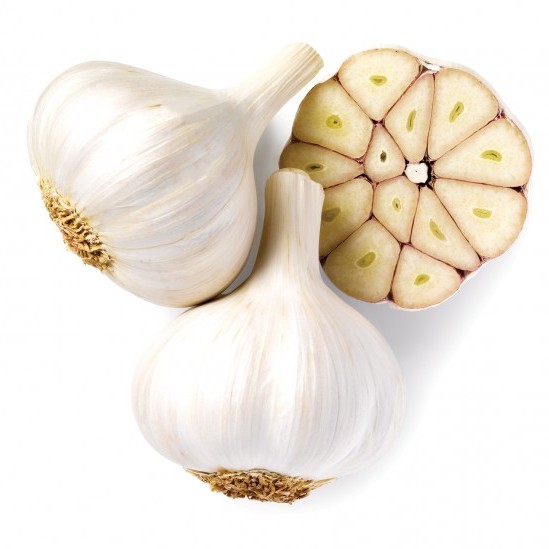
A whole made up of many parts: „Chavurah“ חבורה
„Chavurah“ means partnership, cooperative, friendship. The term originally referred to learning partnerships between two students or scholars, but has also become common since the 1960s to refer to a small group of like-minded Jews who gather to celebrate Shabbat and festivals together and share experiences such as weekday minyan, life-cycle events or Jewish learning.
Chavurot nowadays offer autonomous alternatives to established Jewish institutions. Most Chavurot value equality in the broader sense of equality between men and women, inclusion of LGTBQ+ and mixed faith families, and the participation of all, not hierarchically. It is knowledge that matters, not hierarchical positions. Chavurot first started in the United States in the 1960s. Today they are a global and growing trend within the Jewish community in many countries. ShumZoom is the first Chavurah in Germany to be consciously formed as a Virtual Chavurah during the Corona Pandemic 2020.
If you like to join us or to get in contact, please don’t hesitate to send an email to schumzoom@gmail.com.
